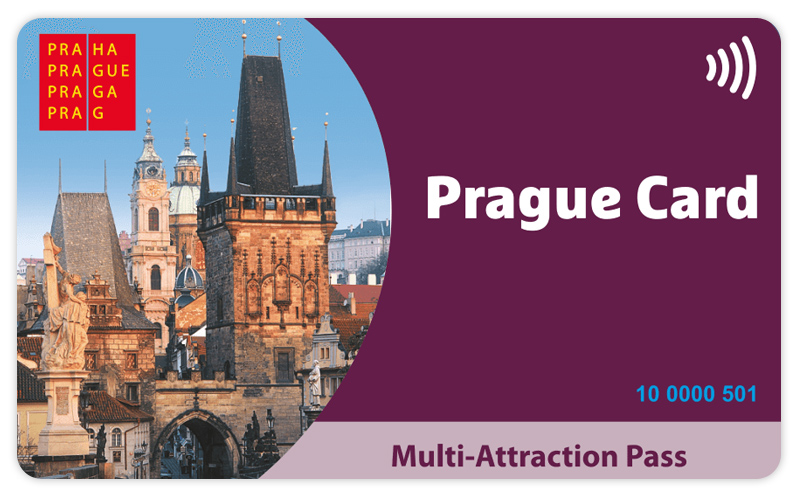
Stroll down Prague’s most famous street without expecting to discover its secrets: the Golden Lane (Zlatá ulicka in Czech) is a place at once fascinating and mysterious, romantic and dark, colourful and claustrophobic.
This narrow street in the Prague Castle complex has only eleven houses in all, some just over a metre high, and yet it has become a tourist attraction of worldwide appeal.
The reason is easy to understand: this street is one of the most picturesque corners of Prague, so much so that it almost feels like being on a film set or inside a fairy tale. The tiny houses, coloured in bright or pastel shades, are extremely atmospheric and contain an invaluable wealth of stories and legends.
If you have time, come back at different times of the day to experience the buzzing atmosphere of the day, when the street is teeming with people, and to be lulled by the sly hours of the late afternoon, when the shops have closed and the Vicolo d’Oro empties.

The houses of the Vicolo d’Oro were inhabited over the centuries by people from different walks of life, including artists and celebrities. During your walk through the alley, pay particular attention to these houses:
Jaroslav Seifert, Czech poet and journalist, also lived in the Golden Lane in the 1930s, but the building that was his home has been demolished.
Houses Nos. 9 to 16 house an exhibition reconstructing the real life of the residents of the Golden Lane over the past five centuries.
At the eastern end of the alley is the Daliborka Tower, a round tower that was part of a system of fortifications and was also used as a prison. The name Daliborka recalls its most famous prisoner, the knight Dalibor of Kozojedy. Legend has it that during his imprisonment the knight used to play the violin and the streets of the castle resounded with his sad melody: this legend inspired the Czech composer Smetana to compose his opera ‘Dalibor’.
Unfortunately, it is not possible to enter the Golden Lane free of charge: the alley is included in the fee-paying areas of Prague Castle, so in order to see it, you will need to buy a Castle entrance ticket.
Prague Castle is the most visited attraction in the city, so we recommend that you get your ticket online in good time.
For a few euros more, you can take a tour of the castle with a certified professional guide. Tours are available for individuals and groups in several languages.
To save on admission to Prague Castle consider buying a Prague city card, a tourist pass that gives you free or discounted admission to several of the city’s attractions, including Prague Castle. Choose the one that is right for you, depending on the duration, the attractions to be visited or the services included, such as public transport.
 Prague CoolPass / Prague Card |  Prague Visitor Pass |  Prague Digital Pass | |
| Attractions | Over 70 | Over 60 | Castle & Astronomical Clock |
| Trasport | Not included | Unlimited | Not included |
| Duration | 1 to 6 days | 48, 72 and 120 hours | Unlimited |
| Buy | Buy | Buy |

Why this famous little street is called ‘Golden Lane’ is a mystery. According to some, it is named after the goldsmiths who lived and worked in the narrow houses of the alley; according to others, the name refers to the workshops of the alchemists who wanted to turn iron into gold.
According to still others, the gold that gives the street its name is not a precious metal but urine, a sarcastic reference to the period when this was an unhealthy and infamous area.
The little houses in the Golden Lane were built in the arched castle fortification from the end of the 16th century during the reign of Rudolf II of Habsburg, initially to house the castle guards and other servants.
According to one legend, however, alchemists in the service of the emperor lived here, protected in their search for the elixir of life inside the small houses, in an area bordered by two towers (the Dalibor Tower and the White Tower).
Whatever the truth about the first inhabitants of this street, it is certain that the houses were inhabited until World War II. The current appearance of the street dates back to 1955, although a more recent renovation was carried out in 2010. The street was reopened to the public in 2011.
City Card allow you to save on public transport and / or on the entrances to the main tourist attractions.
